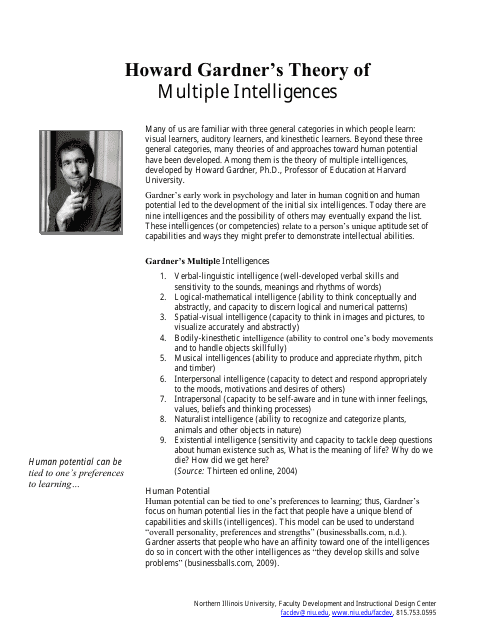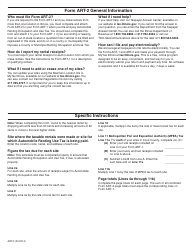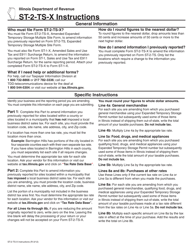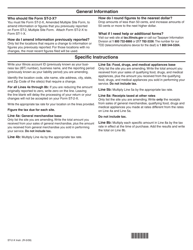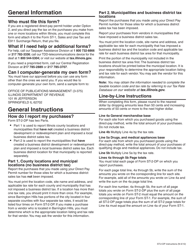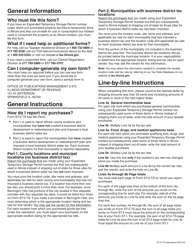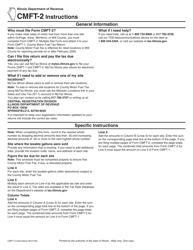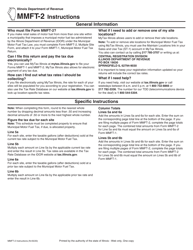Howard Gardner's Theory of Multiple Intelligences - Northern Illinois University
Howard Gardner's Theory of Multiple Intelligences, developed at Northern Illinois University, is a psychological theory that suggests there are different types of intelligence, including linguistic, logical-mathematical, spatial, bodily-kinesthetic, musical, interpersonal, intrapersonal, and naturalistic intelligences. It is used to understand and recognize the diverse ways in which individuals learn and excel in various areas, expanding our understanding of human intelligence beyond traditional measures like IQ tests.
FAQ
Q: What is Howard Gardner's Theory of Multiple Intelligences?
A: Howard Gardner's Theory of Multiple Intelligences is a theory that suggests there are several different types of intelligence, including linguistic, logical-mathematical, spatial, musical, bodily-kinesthetic, interpersonal, intrapersonal, and naturalistic.
Q: What are some examples of the different types of intelligence in Gardner's theory?
A: Examples of different types of intelligence in Gardner's theory include being good with words and language (linguistic intelligence), being skilled at problem-solving and logical reasoning (logical-mathematical intelligence), having a strong sense of spatial awareness and visual thinking (spatial intelligence), and being musically inclined (musical intelligence), among others.
Q: What is linguistic intelligence?
A: Linguistic intelligence refers to a person's ability to effectively use words and language. It involves skills such as reading, writing, speaking, and understanding language.
Q: What is logical-mathematical intelligence?
A: Logical-mathematical intelligence is the ability to reason logically and think mathematically. People with this type of intelligence excel in problem-solving, critical thinking, and analyzing data.
Q: What is spatial intelligence?
A: Spatial intelligence is the ability to understand and mentally manipulate visual information. People with spatial intelligence are often good at visualizing and navigating in physical and mental spaces.
Q: What is musical intelligence?
A: Musical intelligence refers to a person's ability to understand, create, and appreciate music. Those with musical intelligence may have a strong sense of rhythm, melody, and pitch.
Q: What are interpersonal and intrapersonal intelligence?
A: Interpersonal intelligence involves understanding and interacting effectively with others, while intrapersonal intelligence involves self-awareness and understanding one's own emotions and motivations.
Q: What is naturalistic intelligence?
A: Naturalistic intelligence involves being able to understand and appreciate the natural world, including plants, animals, and ecosystems.
Q: What is the significance of Gardner's Theory of Multiple Intelligences?
A: Gardner's theory has had a significant impact on education, as it suggests that intelligence is not solely determined by traditional measures such as IQ tests. It recognizes that people have different strengths and learning styles, and it encourages a more holistic approach to education.
